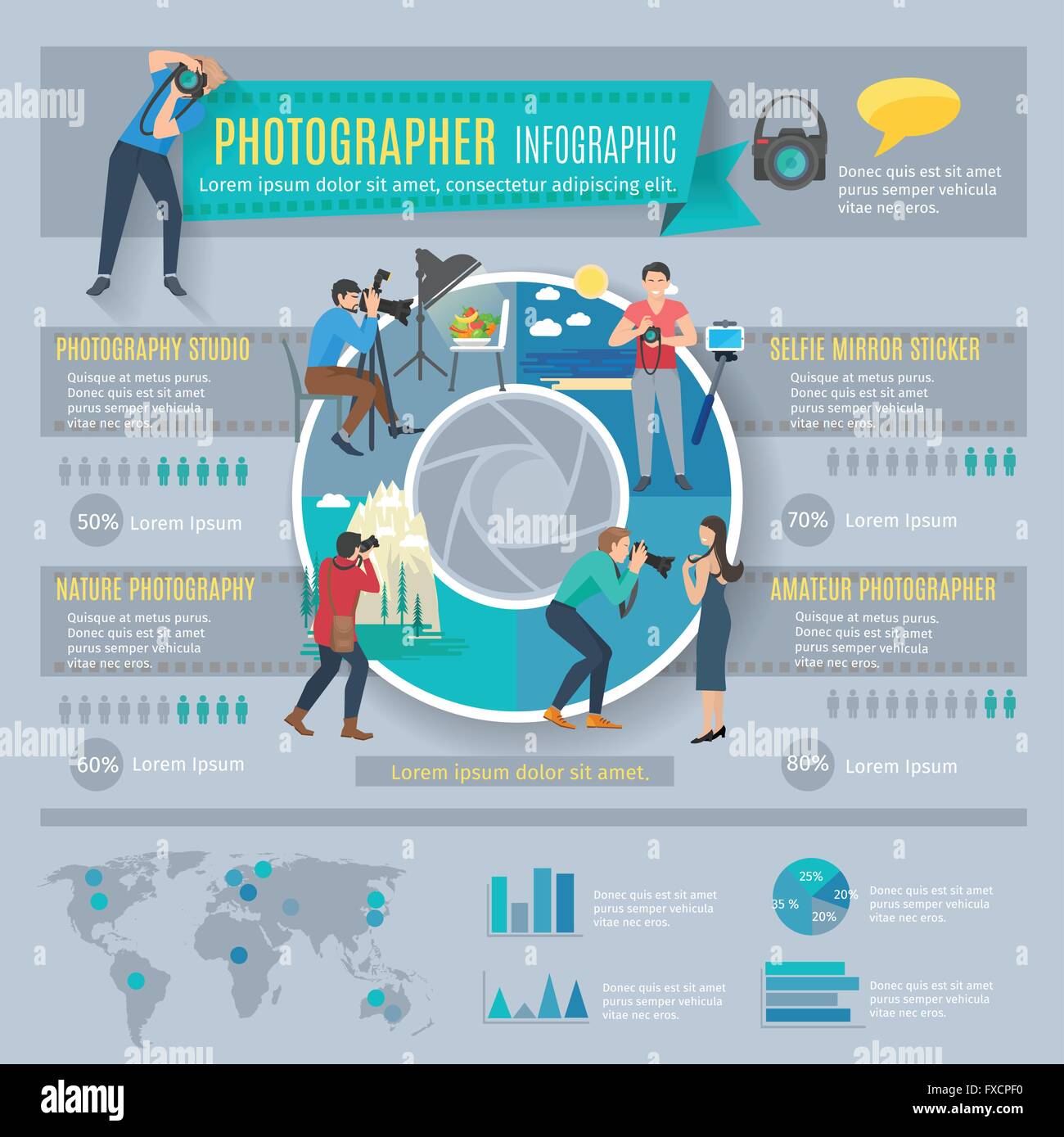Photography Tips For Beginners: Mastering Your Video Camera Quickly
Photography Tips For Beginners: Mastering Your Video Camera Quickly
Blog Article
Short Article Composed By-Tobin Bryant
When you initially get your cam, it can really feel overwhelming with all the setups and choices offered. You could find yourself wondering how to navigate aperture, shutter rate, and ISO properly. Understanding these principles is essential, however there's more to photography than just technical knowledge. Comprehending Suggested Reading and illumination problems can elevate your photos dramatically. So, what happens if you could find out basic methods to enhance your skills and begin capturing remarkable images sooner than you assume? Let's check out just how to transform your photography trip.
Understanding Cam Setups
Understanding your camera settings is essential for recording spectacular images. When you pick up your camera, familiarize on your own with the 3 main settings: aperture, shutter speed, and ISO. Each plays an important duty in just how your photos turn out.
Start with aperture, which regulates the quantity of light entering the lens. A wider aperture (lower f-number) lets in extra light and creates a gorgeous history blur, ideal for portraits. Alternatively, a narrower aperture (higher f-number) maintains even more of the scene in focus, ideal for landscapes.
Next, concentrate on shutter speed. This setup figures out the length of time your electronic camera's sensing unit is exposed to light. A quick shutter rate freezes motion, which is fantastic for activity shots, while a slow shutter speed can create spectacular effects like smooth water in landscapes.
Finally, adjust your ISO. This setting influences your electronic camera's sensitivity to light. A greater ISO is useful in low-light scenarios yet can present sound or grain. Go for the lowest ISO feasible while still accomplishing appropriate exposure.
Make-up Methods
When you're out shooting, composition can make all the distinction in exactly how your photos resonate with customers. Start by using the guideline of thirds; picture your framework split right into 9 equal sections with two horizontal and 2 vertical lines. Setting key elements along these lines or at their crossways to produce equilibrium and interest.
Next off, take into consideration leading lines. These natural lines in your scene, like roadways or rivers, draw the audience's eye into the photograph, leading them via the tale you're telling.
https://hyperallergic.com/494577/photographer-nydia-blas-and-her-black-feminine-lens/ forget mounting; use aspects within your scene, like trees or home windows, to create a frame around your subject, adding deepness and focus.
Likewise, watch on your background. https://blogfreely.net/charmain7632klara/discover-the-important-digital-photography-equipment-that-will-start-your can distract from your main topic, while an easy one aids it stand out.
Lastly, trying out proportion and patterns; they can develop a striking photo that catches focus.
Mastering Illumination Issues
Mastering lighting problems is vital for recording magnificent photographs, as the ideal light can transform an average scene into something phenomenal.
Beginning by observing natural light at various times of the day. Mornings and late afternoons offer the best light, called the golden hour. The soft, cozy tones throughout these times can boost your images beautifully.
Don't avoid cloudy days either; diffused light can decrease extreme shadows and produce a pleasing result, especially for portraits.
Explore backlighting by placing your subject against the source of light. This strategy can develop a wonderful halo effect and include depth to your photos.
Take notice of your video camera settings as well. Change the ISO, aperture, and shutter speed to fit the lighting problems. A greater ISO can assist in reduced light, but beware of grain.
Make use of a tripod in darker settings to stay clear of blur.
Finally, do not forget fabricated lighting. Flash and constant lights can be terrific tools for controlling light in challenging conditions.
Verdict
In conclusion, mastering your camera does not need to be frustrating. By recognizing your setups, using composition methods, and using the power of natural light, you'll swiftly raise your digital photography skills. Remember, practice makes perfect, so venture out there and try out your newfound expertise. With time and commitment, you'll be catching stunning photos that show your distinct perspective. Delight in the trip, and don't fail to remember to have fun while you're at it!
